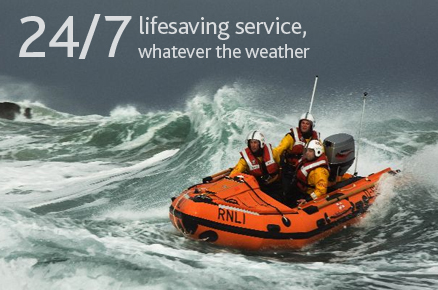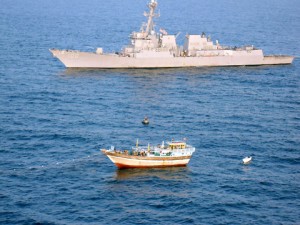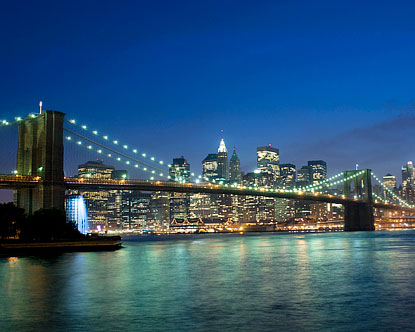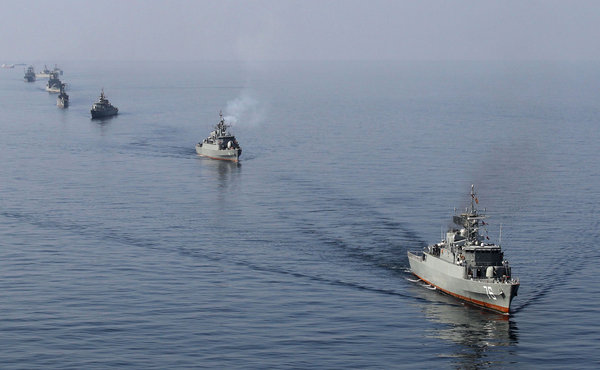“Think Global, Act Local,” – Anonymous.
“Re-localization is a critical step in moving toward sustainability. The “global economy” is one of the culprits of our present mess,” – John Ehrenfeld.
“Sustainability is the possibility that human and other life will flourish on the planet forever,” – John Ehrenfeld.
Ehrenfeld, author of “Sustainability by Design,” here, lectures at Marlboro College in its MBA in Managing for Sustainability.
In “Italy’s accordion Industry: Tiny and Thriving“, NPR’s Morning Edition, on 1/9/12, discussed globalization in the context of the accordion industry in Italy. The piece began: “More than 70% of Italy’s gross domestic product comes from small businesses – and they’re not growing. Economists are worried that this will make it impossible for Italy to climb out of it’s massive $2.6 Trillion debt.”It concluded “But until more small companies [coalesce into giants like Prada] things in … Italy will stay out of tune with the global eonomy.”
But the piece also reported that the Italian accordion makers focus on quality. They don’t make many instruments – make about 20% of what they made in their heyday, one company makes 180 to 200 per month, but they make the Ferraris of the accordion world. More accordions are made today are by China, Inc., but those are cheap, low quality things. The Italian instruments sell for up to $50,000 each, to professional musicians such as Bjork and “The Decemberists.”
The story also asks about the long term consequences of 70% of a nation’s GDP coming from small businesses?
But it doesn’t ask:
- What is the standard of living and quality of life for craftspeople in Italy? Are people happy? Fulfilled?
- What is the wage and income differential between the workers and the owners? Between the manufacturers and the suppliers?
- How interconnected are the local economies? Are they using locally sourced materials? Is the economy local? How much of the economy is local?
- Aside from Italy’s debt, is their economy sustainable? Another way of asking this is “Could Italy service the debt with a 30 or 50 year payment schedule, with interest set at 2.5% or 3.5%? According to the CIA Factbook, (here) Italy has a population of about 61 million people. While NPR puts the Italian debt at $2.6 Trillion, according to CNN Money, (here) Italy’s debt is about $262 Billion. That’s a per capita debt load of about $4300, according to CNN Money, and $41,995. $4,300 doesn’t seem too bad. Even $42,000 isn’t too bad, over a person’s lifetime. In the United States, $43,000 buys one or two years of college at the undergraduate level.
As noted, the piece ended with “But until more small companies [coalesce into giants like Prada] things in … Italy will stay out of tune with the global eonomy.” This leads me to my final unanswered questions:
Is it a bad thing for Italy to be out of tune with the global economy? and
Is Italy really out of tune with the global economy?
The first two things that come to my mind when I think of “The Global Economy” are China, Inc. / WalMart, and oil. (I see China, Inc. and WalMart as one thing, but that’s another story). I see environmental degredation, poverty of mind, body, and spirit, and working conditions that equate to slavery.Personally, I’d rather be making accordions for a living wage in Italy, where I have a chance to open my own shop, than in China where conditions are equivalent to slavery.
Bjork, a singer from Reykjavík, Iceland, and the Decemberists, from Portland, Oregon, are buying Italian accordions. They would rather spend $50,000 on accordions from Italy than $399 on accordions from China. This suggests that the Italian accordion makers are, in fact, in the global economy, albeit on a different scale of that of the Chinese and one that economists don’t understand.
This brings me to the olive trees pictured above. Olive trees take a long time to mature – 35 to 150 years. But they live, thrive, and produce olives – for a very long time – hundreds of years, thousands of years with luck and proper cultivation. (Achaia Olive Groves).
And just as I would rather be making accordions that sell for $50,000 than those that sell for $399, I would rather sell 200 units for $50,000 each than 25,063 units for $399.









